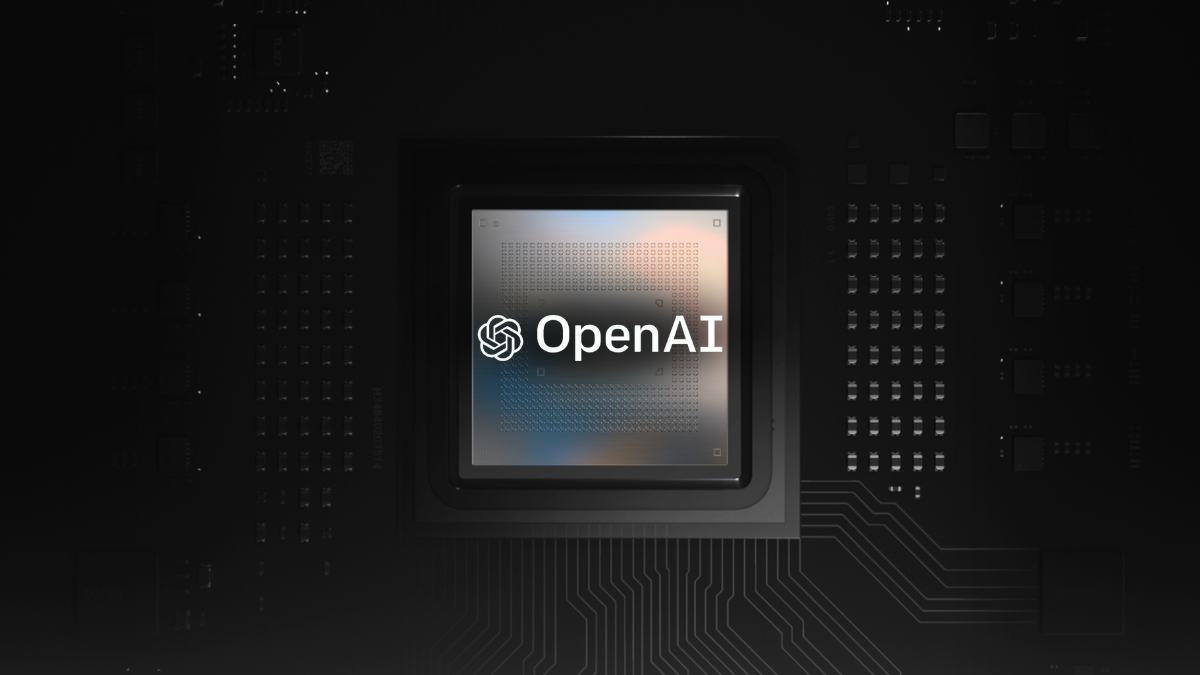OpenAI is developing its first custom AI chip to help reduce reliance on Nvidia

Table of Contents
OpenAI is on track to reduce its reliance on Nvidia and its AI chips by developing its first generation of in-house artificial intelligence silicon. The tech giant is finalizing the design for its first in-house chip in the next few months and plans to send it for fabrication at Taiwan Semiconductor Manufacturing Co. Currently, Nvidia’s AI chips have made the company a fortune and hold a market share of roughly 80%. This dependency on a single supplier has led major customers such as Microsoft, Meta, and now OpenAI to explore alternatives to challenge Nvidia's dominance.
However, there hasn’t been much success, as companies like Microsoft and Meta have struggled to produce satisfactory chips despite years of effort. Now, it's up to OpenAI to change that. On top of that, the recent market rout triggered by Chinese AI startup DeepSeek has shown that powerful models can be trained with more limited hardware. Experts say DeepSeek has achieved “essentially consumer hardware” performance, meaning you don't need a supercomputer with over 100,000 Nvidia GPUs to train a model – just a consumer GPU like the AMD Radeon RX 7900 XTX also works.
Open AI and Google come together
The chip is being designed by OpenAI's in-house team in collaboration with Broadcom, led by Richard Ho, who previously played a key role in Google's custom AI chip program before joining OpenAI over a year ago. Over on X (formerly Twitter), Dan Nystedt points out that this connection to Google is particularly interesting, as the company's Tensor Processing Unit (TPU) chips have previously helped reduce its dependency on Nvidia. Given this, Google will likely be keeping a close watch on OpenAI's custom AI chip development.
As for the details regarding this chip, TSMC is manufacturing OpenAI’s AI chip using its advanced 3-nanometer process technology. The chip features a commonly used systolic array architecture, high-bandwidth memory (HBM), which Nvidia also uses for its chips, and extensive networking capabilities.
We might see OpenAI challenge Nvidia’s chips later this year
While OpenAI’s in-house AI chips will be capable of both training and running AI models, the company will likely deploy them on a limited scale, primarily for running AI models. Additionally, the chip will likely have a limited role within the company’s infrastructure, especially in its first iteration. However, OpenAI’s engineers plan to develop increasingly advanced processors with broader capabilities in future iterations. OpenAI’s goal is not only to reduce reliance on Nvidia chips but also to use its AI chips as leverage to negotiate better prices and terms with major cloud providers, especially given ongoing shortages and high costs.
If the initial tape-out (the process of sending a first design through a chip factory) goes smoothly, OpenAI could mass-produce its first in-house AI chip and potentially test an alternative to Nvidia’s chips later this year. The fact that OpenAI plans to send its design to TSMC this year suggests the company has made rapid progress on its first design, a process that typically takes chip designers much longer.
Source: Reuters
